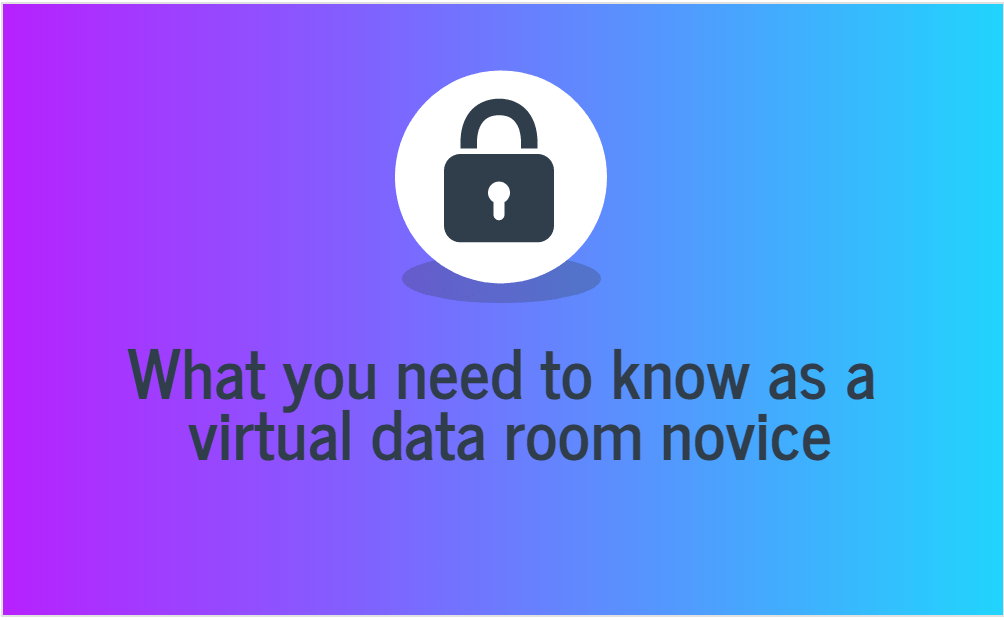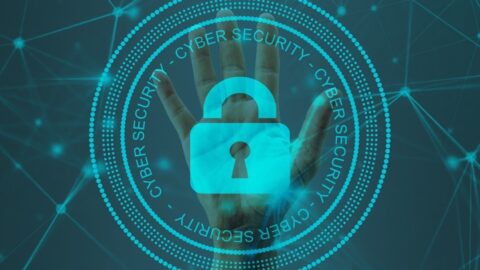What You Need to Know as a Virtual Data Room Novice
The sales process is no longer a boardroom affair, and virtual data rooms have revolutionized how businesses and individuals carry out transactions. In the past, sensitive information of companies and organizations was kept in physical data rooms which required a dedicated space and had its limitations. VDR acts as an online database or online storage for such information to be kept safely. Teams can discuss personal information with potential investors and even facilitate financial transactions of known and unknown third parties using VDR.
Table of Contents
What’s a Virtual Data Room (VDR)?
A virtual data room (VDR) is a secure private place where companies store sensitive information. VDRs function like an online file cabinet: anyone given access to the VDR can open documents to ensure they are in the best shape possible.
It also permits private file sharing among a group of managers, investors, and other stakeholders through a secure website. VDRs provide a constant online storage area for all relevant files, enabling businesses to manage their interactions with partners and other parties more efficiently.
VDR is more efficient than using traditional means of storing data because it is safer to store sensitive information online and it is easier to find needed files in an online storage space rather than physically trying to find them.
Why Do Companies Use Virtual Data Rooms?
Even though VDR is mainly used as a safety measure to store sensitive data in an online database, it is also convenient to use in specific situations. Companies can use virtual data rooms for almost any business purpose. The following are some ways that VDR is used by companies today.
To safeguard intellectual property rights
Many companies are facing cyber threats daily, especially SMBs. For these businesses, cyber protection is essential. Daily use of the internet exposes enterprises to potential vulnerabilities that could harm their infrastructure or customer data. Cyber threats can include malware attacks, rogue employees, insider threats, and more.
Virtual data rooms offer a simple, secure, and cost-effective solution for storing intellectual property in online storage space. A virtual data room helps to reduce this problem by giving companies a way to upload proprietary information and protect it from security breaches. Intellectual property rights are one of those sensitive data that should be kept in a safe place where only selected people can reach. VDR allows selected people to reach such files when needed but also protects them from any possible security breaches.
Auditing
Companies may need to share data with external parties, such as lawyers, accountants, compliance auditors, and other third parties. When companies share sensitive data with third parties, they must protect the information with encryption technology. Virtual data rooms (VDRs) use an encrypted server with virtual drives to protect company data in a private environment. That way, data can’t be leaked to third parties or exposed to malicious attacks on the hosting platform. By using VDR, companies can share such data with third parties through an online database to be reviewed while also keeping the data safe and secure with no possibility of them being compromised.
Mergers and acquisitions
Mergers and acquisitions involve a lot of information. Third parties need the information to get a full picture of the business, which is why they seek data rooms and digital data warehouses. These tools convert traditional, paper-heavy processes into streamlined digital experiences that can scale with your business.
In the traditional process, handing over such sensitive data can cause problems or cause the data to be compromised. Virtual rooms allow others to view these files without actually having full access to them which protects sensitive data until the end of the process. If a deal is not closed at the end of this process, companies can still protect the data by revoking the third party access to the virtual room.
Board members collaboration
Board members and their advisors can be challenging to reach, but they still require access to sensitive company data. Especially global companies require easy yet secure access to such data since the board members are usually located in different countries. Virtual data rooms allow board members to review information with ease when they are working from afar. The software is available online, and it will enable users to safely access documents with just a few clicks of the mouse.
Fundraising
Companies involved in fundraising activities must keep confidential data safe. Virtual data rooms have been relied on for raising capital, mainly when a company is introducing a large amount of money or a minimum investment amount is not required. The virtual data room allows potential investors to review documents and conduct due diligence without giving sensitive information.
Virtual data rooms are great for businesses that need to share sensitive data with investors or other stakeholders. They create a safe space for collaboration and sharing relevant documents organized depending on the project’s needs. Learn More about how you can secure your next deal here.
Conclusion
Virtual data rooms are essential for companies that want to keep sensitive information in an online database, secure from any possible safety breaches and cyber attacks. While safety is a fundamental aspect of using VDR, convenience is another important factor as virtual data rooms make reaching and sharing files easier while still keeping them safe. There are many different reasons why a company may choose to store data in virtual rooms. If you also want to safely deal with fundraising, auditing, mergers and acquisitions, you can consider using VDR.

Adhar Dhaval is experienced portfolio, program and project leader with demonstrated leadership in all phases of sales and service delivery of diverse technology solutions. He is a speaker sharing advice and industry perspective on emerging best practices in project leadership, program management, leadership and strategy. He is working for the Chair Leadership Co.











